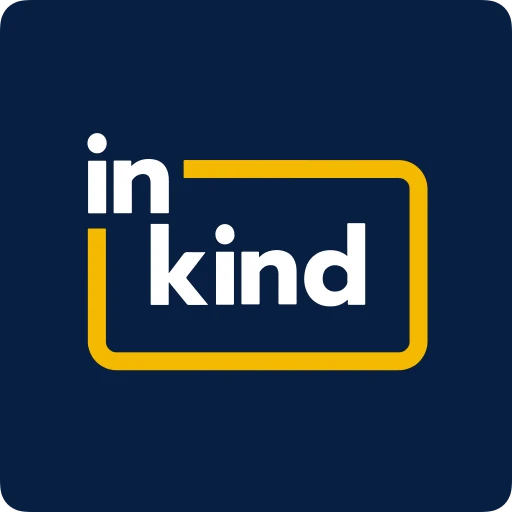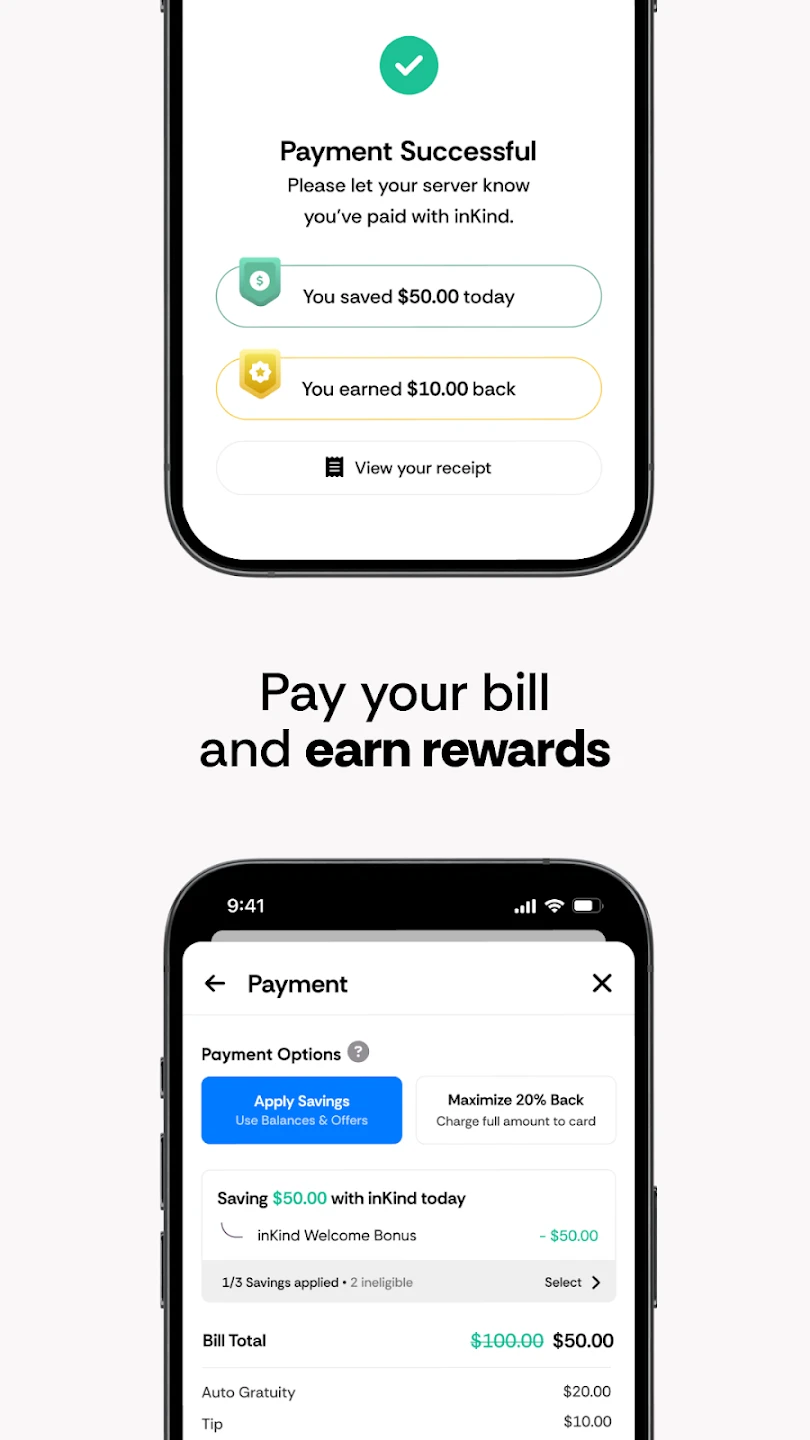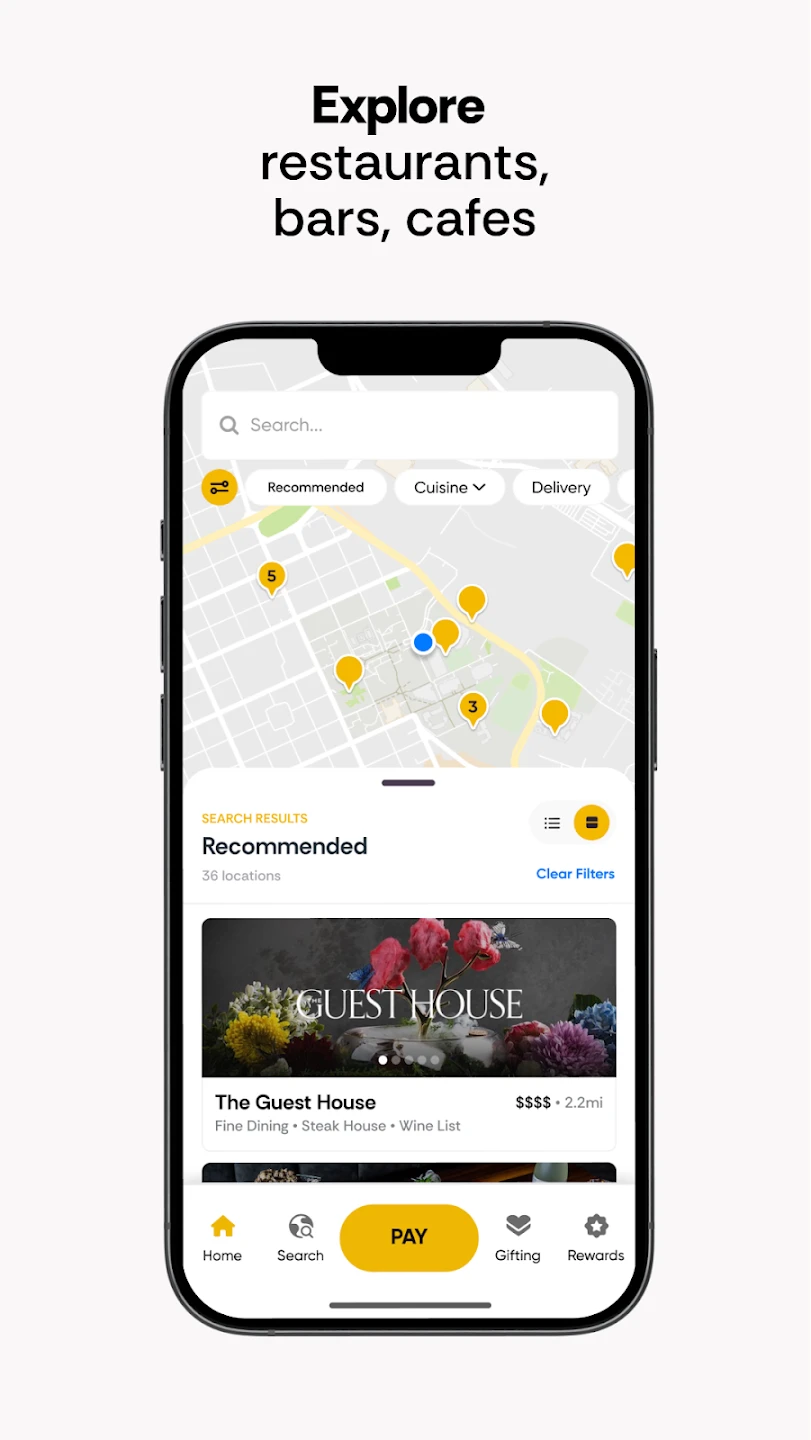 |
|
| Rating: 4.6 | Downloads: 100,000+ |
| Category: Food & Drink | Offer by: inKind |
inKind is an innovative mobile application designed to help users identify the true materials in everyday clothing through image analysis. By simply taking a picture of an item, inKind provides detailed information about what it’s made from, empowering conscious consumers with transparency they can’t get anywhere else. It’s built for eco-conscious shoppers, sustainability advocates, and anyone wanting to understand what garments truly compose their wardrobes.
The core appeal of inKind lies in its ability to transform complex material science into a simple, accessible tool. Instead of relying on confusing care labels, users gain clear knowledge about synthetic versus natural fibers and their origins. This practical usage directly supports ethical consumerism and sustainable fashion choices by verifying product claims and highlighting environmentally friendly options, making responsible shopping effortless with inKind.
App Features
- Material Identification: inKind instantly analyzes clothing images using advanced AI algorithms to pinpoint blend compositions, down to 99% accuracy. This empowers users to verify product claims, avoid synthetic microfibers harming oceans, and make informed decisions based on detailed breakdowns.
- Footprint Insights: Beyond just materials, this feature provides an estimated environmental impact rating for identified fabrics by cross-referencing manufacturing data. By offering crucial information about sustainable production benchmarks under various fiber combinations, inKind helps users visualize the indirect environmental benefits of choosing specific blends.
- Style Retracing: Easily retrace items purchased in-store by capturing the correct lighting, then inKind reconstructs the color and texture details for online searching or finding alternatives. This feature tackles the challenge of translating physical items into digital searches, making it simpler to find similar sustainably made replacements or updates.
- Sustainability Certificates: inKind connects to a global database of ethical brands, automatically checking items against recognized certifications like GOTS or Fair Trade based on identified materials. Users quickly assess purchase alignment with their values, seeing green indicators for ethically certified blends without leaving the app.
- Care & Compatibility Guidance: Once materials are identified, the app recommends appropriate laundry methods and compares items against other garments for compatible washing cycles, preventing color bleeding and fabric damage. It also suggests eco-friendly alternatives to standard detergents or dry cleaning chemicals, especially useful for users managing multiple challenging item types.
- Vintage-Grade Pattern Recognition: This optional, advanced feature uses deep learning to trace complex patterns on garments by identifying repeat structures and geometric motifs from clean image captures. Enabling users to reclaim textile heritage knowledge and historically inspired techniques, it adds another layer of cultural appreciation alongside material analysis.
Pros & Cons
Pros:
- Extremely Fast Material Identification
- High Accuracy Rate (Approx. 99%)
- Easy-to-Use Camera Interface
- Comprehensive Material Database
Cons:
- <Dependent on Good Clothing Lighting
- <Works Best on Plain Items/Large Patterns (But Improving)
- <Always Learning, Minor Errors Possible
Similar Apps
| App Name | Highlights |
|---|---|
| Stilogram |
This app focuses on pattern recognition and style inspiration, sometimes connecting items to stores. Known for simplified aesthetics and garment origin tracing. |
| Made |
A maker-focused application with social sharing, it identifies styles but also offers tutorials. Includes community features and pattern deconstruction. |
| Good On You |
A rating platform for brands, now offering a limited item scanning beta test. Focuses on eternal brand scores before analyzing specific garments. |
Frequently Asked Questions
Q: Does inKind work with really old or faded clothing that might have lost its original sheen?
A: inKind focuses primarily on texture and pattern, which often withstand fading. While initial color saturation helps, our core AI analyzes structural fabric details, so faded items still give a good identification. You might see slightly lower confidence scores (40-60%) compared to vibrant examples, but we’re constantly improving model robustness!
Q: Can I send my scanned clothing data to researchers or developers for further analysis?
A: Absolutely, and this helps us improve the app! You’ll find an ‘Opt-in Research Share’ toggle within Settings (you’ll need to enable location services for our servers to detect if your data usage qualifies). This is completely transparent and you control exactly what information (just material IDs, no PII) you share. It directly benefits future updates.
Q: What happens if inKind identifies a potentially harmful component I didn’t know existed?
A: Great question! In cases where we identify low-sustainability hazards like high-impact synthetics, toxic finishes, or known low-labor practices, we automatically send you resources. Visit our Materials & Ethics Hub section for detailed explanations, actionable alternatives, and links to relevant support groups—we prioritize your knowledge journey.
Q: How does inKind handle complex mixed-technologies like Piñatex® or Mylo™ in the scan results?
A: These exciting innovations are actively built into our database! When scanning, you’ll get the specific traits of the base material (like pineapple葉), plus the unique environmental benefit tags. inKind distinguishes the innovative replacement leather from traditional materials, providing full credit for its sustainable nature and impact information.
Q: Can family members viewing scans see which items I’ve scanned as part of our joint sustainability goals?
A: No, all scan history is kept private to the authenticating user account. We value your privacy and focus on personal empowerment. You deeply and collectively using inKind is perfectly fine and often encourages conversations – the kind that helps everyone build a more sustainable wardrobe! No shared functionality is intentionally hidden.
Screenshots
 |
 |
 |
 |






